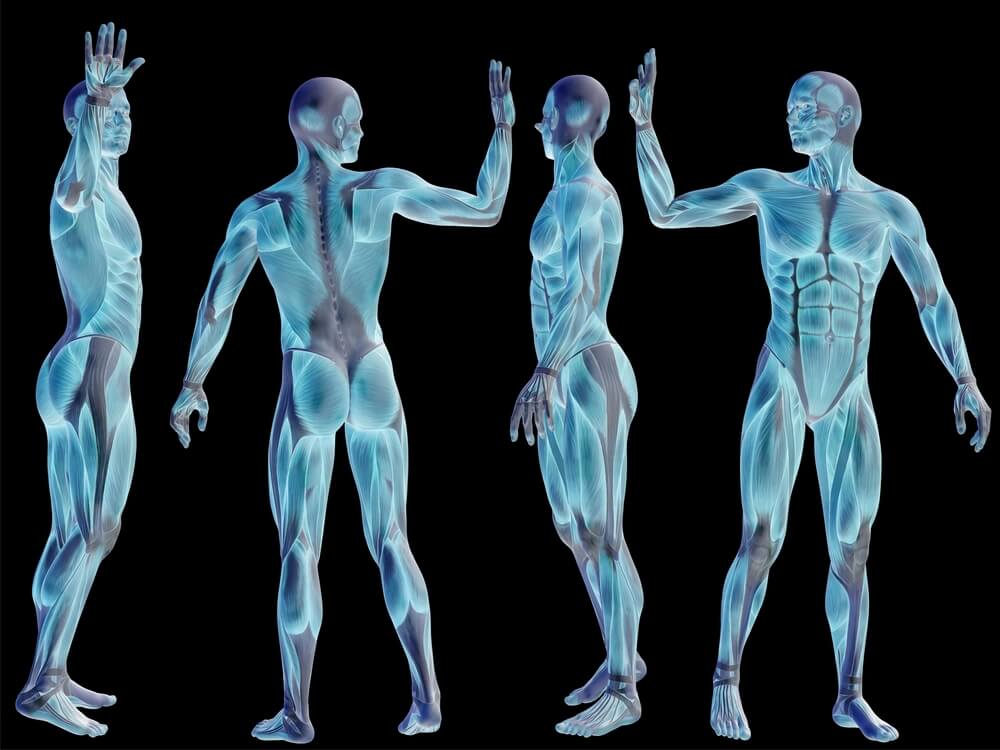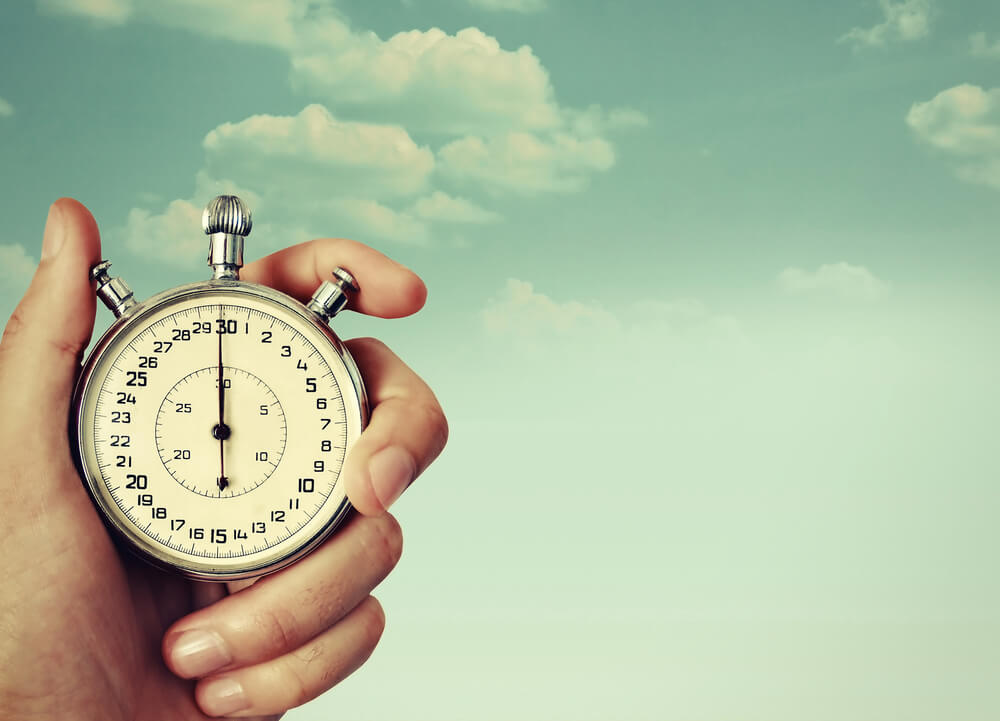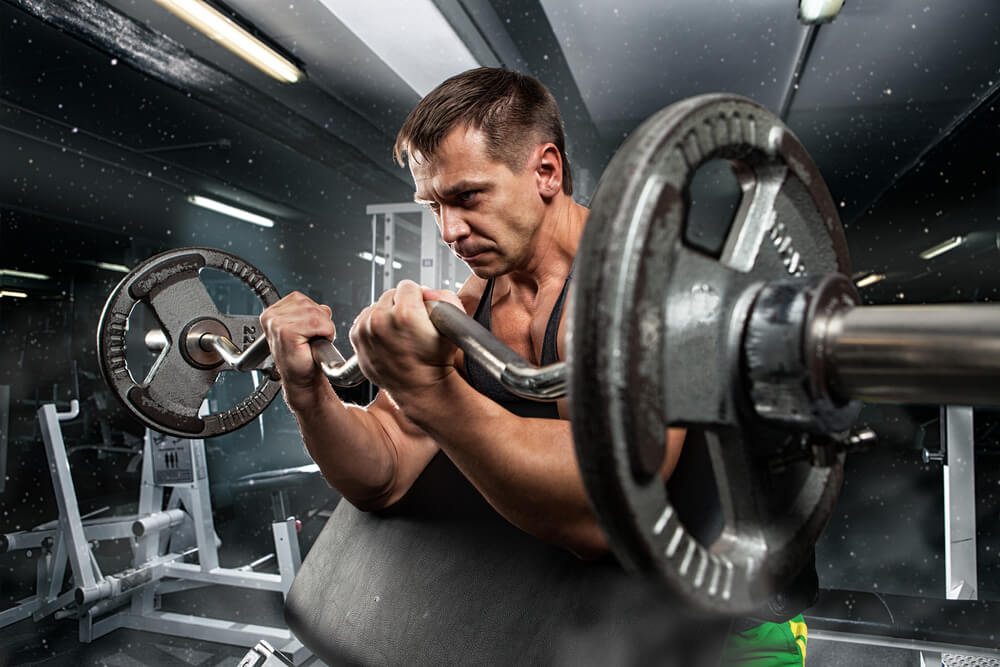
Want to build huge muscle? Of course, you do. Are you fueling yourself with the right foods at the right time to achieve your goal? We give you the insights as to what and when you should be eating.
I bet you’ve heard the phrase “abs are made in the kitchen.” It’s actually a very true statement. Building muscle is a process, that’s for sure. It not only takes a lot of work but also a lot of good nutrition.
I’m sure you might have read about many methods, foods, and supplements that will help you increase muscle. Some of them may be right, some of them may lead you down the wrong path and some might just plain confuse the heck out of you. Don’t get discouraged.
It’s actually quite simple and I’m going to tell you everything you need to know to grow some big muscles!
No single meal plan is suitable for every person. Some may see mass gains in the first few weeks and have it drop off a bit. Some may not see any changes at first and then start increasing soon after and some may be gaining in the body fat area instead of muscle. That’s because every one of us is different.
We all have different metabolisms, compositions and so on. Then there’s other factors like age, sex, weight, activity level and the amount of muscle you already have (or don’t have) and those types of things are going to make a difference.

Find Out What Your BMR Is
Your Basal Metabolic Rate (BMR) is the amount of energy you expend each day while at rest. This does not account for activity. It is just the number of calories that your body needs each day to perform functions such as breathing, circulation of blood, temperature regulation, cellular growth, brain function and so on.
Calculating the BMR is only truly accurate if done by an expert in a setting where the subject would first fast for 12 hours, have eight hours of sleep and have carbon dioxide and oxygen measurements analyzed. Since not everybody has that kind of access to a lab and an expert, we do it this way to get a rough estimate:
Men
BMR = 10 x weight (kg) + 6.25 x height (cm) – 5 x age (years) + 5
Women
BMR = 10 x weight (kg) + 6.25 x height (cm) – 5 x age (years) – 161
Let’s say you are a 35-year-old male who is 6 ft tall and weighs 200 lbs. Two hundred pounds is roughly 90 kg and 6 ft (72 inches) is roughly 182 cm. You would use the formula listed to get 1,867. That’s the amount of calories your body needs just to function each day.
These Are The Tools For The Job
You’re going to need a couple of things to start out and to be able to track your progress. First, get yourself a reliable bathroom scale. Take your weight and write it down.
Next, a body fat caliper is going to come in handy. This is a small tool used to measure your body fat percent. I’d normally recommend this be measured by a trainer or other type of pro, but if you feel confident in buying one and learning to use it, then go for it. If you’re not quite sure, don’t be afraid to ask a trainer for help. Most are more than happy to help. Finally, take measurements with a normal measuring tape and write down those results as well.
When it comes to gaining muscle and tracking it, a bathroom scale and a body fat caliper are great tools. If you notice your weight going up on the scale and your body fat percent dropping, then that means you are building muscle as planned. But, if things go south by means of an increase in body fat, at least you will be able to track it and make adjustments in your diet. That’s why it’s good to have these two tools.

What To Eat For Building Huge Muscle
After calculating your BMR and figuring out what amount of calories you need to consume just to fully function each day, it’s vital to factor in your strength training regimen and activity level too.
You have to ask how much protein do you need?
If you don’t replace those calories you burn during activity, you’re not going to be happy. This is the point where you get to eat more food. I’m not saying go hog wild and eat a whole pizza then down it with a 2-liter of Coke. I’m saying increase your caloric intake in a healthy way.
You’re Going To Need More Protein
Protein is essential for building muscle. When you are engaging in strenuous workouts, it’s imperative that you boost your protein consumption.
There’s no shame in supplementation either. If you feel like you can’t get enough protein through diet alone, try adding a good protein powder to your diet. You can also try protein bars as well. Just make sure you get enough.
How Much Is Enough?
In my opinion, when you are strength training and trying to pack on mass amounts of muscle, the sky is the limit. But that may not be science enough for some people so let me break it down: For your body to function properly, protein is needed. It’s found in every cell in the human body and used for many processes. On average, females need at least 46 grams of protein per day and males need at least 56 grams of protein per day for the processes to work.
Now, you also need to factor in other things. Age: The older you are, the more protein you need. Muscle: The more you have, the more protein you need to maintain it. Activity level: The more active you are, the more protein you need. Stress levels: The higher the stress in your life, the more protein you need. So, with a strength training/muscle building routine going on in your life, it’s safe to say that you should most definitely increase protein intake significantly.

What Types Of Protein Should You Eat?
The short answer to this is complete proteins. These are the proteins that contain all nine essential amino acids, which complete the chain.
These types of proteins are found in animal products such as eggs, milk, fish, cheese, pork, poultry, beef and other meats. You can also find plant sources of complete proteins such as quinoa, buckwheat, soy, and hempseed. There are many others in each category, but this just gives you an idea.
Bulk Up On Carbs
Carbs are going to be your best friend when you are trying to increase the size of your muscles. That’s because carbs are the body’s first source of energy. The more carbs you eat during this time, the less chance there is of your body digging into your protein stores as an alternate energy source.
We’re looking for complex carbs at this point. These are the carbs that take longer to break down in the system and provide you with energy for longer periods of time compared to simple carbs like sugary juices, cookies, candies, etc. Complex carbs are found in foods like oatmeal, Ezekiel bread, whole grains, peas, beans and many veggies. These are healthy forms of carbs.
Not all simple forms of carbs are bad for you though. Let me just throw in there that when you are about to work out, downing a glass of pure orange juice can be very beneficial for a quick source of energy.
Eat Fat To Gain Muscle
When people think about eating fat, sometimes they picture an order of greasy fries and a cheeseburger. Those are not the types of fats I’m talking about though. Fats are much needed in the body for hormonal processes that affect muscle growth in a positive way.
The types of fats that are healthy for you are ones found in nuts, eggs, fish, oils (like olive oil), chia seeds and avocados. You can even supplement with omega 3s and omega 6s. These are two essential fatty acids your body needs and can’t make.

This Is When To Eat For Building Huge Muscle
When trying to increase muscle size, when you eat is equally as important as what you eat. After you’ve slept for the night, your body is depleted, everything is digested and you’re running on empty. That’s when you’re going to want to wake up and eat breakfast to replenish and provide your body with energy for what’s to come.
Pre-Workout Meal
If you are going to be training in the morning, breakfast should be eaten about one to two hours before. This will give you sufficient time for digestion and prevent any stomach upset during training.
Breakfast should consist of complex carbs such as a bowl of oatmeal, whole grain toast and protein such as scrambled eggs, lean meat and a glass of milk. The same goes for an afternoon or evening workout. Eat your pre-workout meal one to two hours prior to the session and include complex carbs and complete proteins as well.
Pre-Workout Snack Or Shake
A pre-workout shake or snack is a smart move. My favorite pre-workout go to is a banana and a protein shake.
Fruits like bananas, apples and oranges are a great source of quick digestible carbs for instant energy and protein (specifically whey protein because it contains the most amount of BCAAs) to fuel your muscles during training. BCCAs found in whey protein will prevent muscle breakdown and increase endurance and energy.
Mid-Workout
If you’re going for a long workout, you may need an extra boost. It’s fine to grab a snack or perhaps some more BCAAs to keep you going.
When you are working long and hard, your energy can become depleted. There is nothing wrong with putting a bridge between pre and post workout. Anything to prevent muscle waste is okay in my book.
Post-Workout
I know a ton of people who workout and then the last thing on their mind is food. Some are quite the opposite, though. I’m always starving after a workout. Sometimes I feel like I could eat a Volkswagen bus filled with donuts and then wash it down with a swimming pool full of milk.
You know what that means?
Glycogen depletion.
The harder and longer we workout, the more likely we are to tap into those glycogen stores in the muscles and the first thing you might find yourself craving is something sweet. Replenish, but don’t give into the donut cravings. Give yourself a healthy high-protein snack, or another protein shake and some simple carbs.
And look into the best post workout whey protein.
Fast-acting carbs, when eaten post-workout, will replenish those glycogen stores in the muscles, and putting protein back in your body will prevent muscle waste and help to build, repair and replenish.
Below is a schedule you may follow to give you an idea of when to eat. Now, it doesn’t have to be perfect or right on the numbers. You can adjust it to your convenience. Just remember to give yourself digestion time before you workout and to get your post workout shake/snack in as quick as you can (within 45 minutes) after you’ve finished your workout.
AM Training:
7:00 Breakfast/pre-training meal
8:00 Pre-Training snack/shake then TRAINING
9:00 Post-training shake/snack
10:30 Post-post-training meal
1:30 Lunch
4:00 Mid-day snack
7:00 Dinner
10:30 Bed snack/shake
PM Training:
7:00 Breakfast
10:30 Mid-morning snack
1:00 PM noon lunch
4:00 Pre-training meal
6:00 Pre-training shake/snack then TRAINING
7:00 Post-training shake/snack
8:30 Post-post-training meal
10:30 Bed snack/shake
Conclusion
Eating is vital when trying to pack on muscle. Follow these guidelines and you should see success. To simplify things, even more, you may want to try meal prepping. Grab yourself five to seven days worth of food storage containers and fill them with healthy meals such as grilled chicken breast, brown rice, and steamed veggies. Be sure to have snacks on hand such as cut up raw fruits and veggies, cheese, yogurt cups, etc. And don’t forget to grab some good protein powders.
Don’t skip meals, especially when you are trying to build muscle. It will only set you back. Be sure to stay hydrated and increase your water consumption during training hours.
By Heather Neff, CPT
Latest posts by Terry M (see all)
- Garage Gyms - Aug 1, 2018
- Kettlebells – Why They Should Be Added To Your Routine. - Jul 24, 2018
- Weight Belts: What Are They Really For? - May 31, 2018









